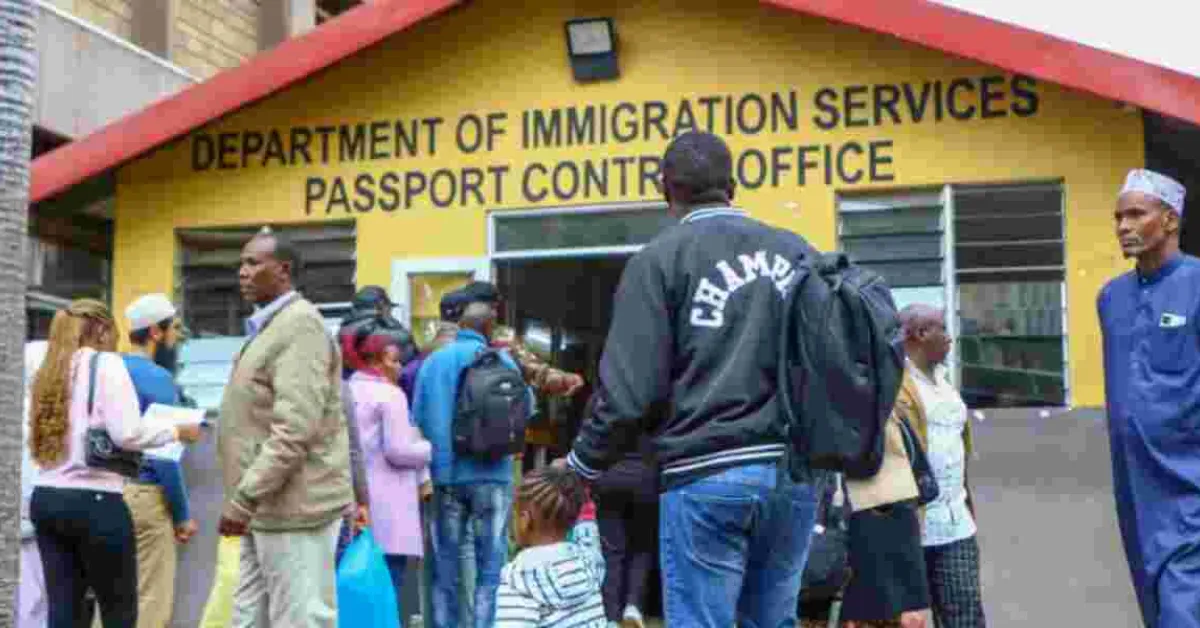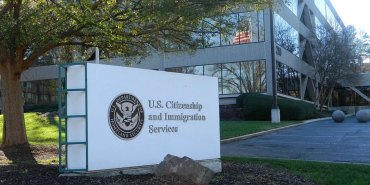Kenya Faces Criticism Over Domestic Immigration Policies

Kenya has been instrumental in reducing barriers to human mobility within East Africa and has made significant progress in safeguarding the rights of its citizens working abroad.
However, the nation still faces challenges in formulating and implementing effective domestic immigration and employment policies. Despite its pivotal role in regional integration efforts, Kenya's performance in visa openness remains mediocre, ranking 29th out of 54 African countries in 2023 according to the Africa Visa Openness Index. This underwhelming performance belies Kenya's significant contributions to regional integration in East Africa and the Horn of Africa, particularly through its involvement in the East African Community (EAC) and the Intergovernmental Authority on Development (IGAD). As a founding member of the EAC, Kenya has leveraged its strategic location and economic influence to promote integration, including the free movement of people as stipulated in the 2009 Common Market Protocol.
Similarly, Kenya has played a crucial role in fostering regional stability and integration within IGAD, recognizing the importance of the open movement in addressing labour shortages, economic disparities, and migration pressures. Kenya's efforts to harmonize policies with neighbouring countries have resulted in consistent laws governing trade, labour, and capital movement. The nation has invested heavily in regional infrastructure to enhance cross-border mobility and has signed free movement protocols with the Common Market for Eastern and Southern Africa (COMESA) and the African Union. Additionally, Kenya has reduced or eliminated visa restrictions for COMESA member countries, further facilitating regional mobility.
To protect its citizens working abroad, the Kenyan government has established bilateral labour agreements with various countries. These agreements aim to secure employment opportunities and safeguard migrant workers' rights, particularly in response to reports of human trafficking, low wages, sexual exploitation, and unsafe working conditions in Gulf countries. Despite these efforts, some Kenyan migrant workers continue to face racism and abuse in the Middle East and other regions. Domestically, Kenya's immigration and employment policies are governed by the Immigration Act and associated regulations, which provide the legal framework for regulating the entry, residence, and employment of foreign nationals.
The country has ratified and incorporated several international labour conventions into its domestic law, including ILO Conventions No. 143 and 97. Kenya is also guided by regional frameworks such as the EAC Common Market Protocol and the IGAD Revised Regional Migration Policy Framework. Regular migrant workers in Kenya are protected by national labour laws and policies, including the National Employment Policy and Strategy, the Immigration and Citizenship Act of 2011, and various other employment-related acts. These laws apply equally to Kenyan citizens and regular migrant workers, ensuring fair treatment and protection of rights.
However, challenges persist in the implementation of these policies. The introduction of Electronic Travel Authorization (eTA) to replace the visa system has been criticized by some as a retrograde step. Additionally, the nation's refugee management policy fluctuates under various pressures and the work permit system is widely abused, leading to uncertainty and eroding confidence in the authorities.














Comments
Comrades, What do we expect…
Permalink
Comrades,
What do we expect when corruption is the norm?
Add new comment